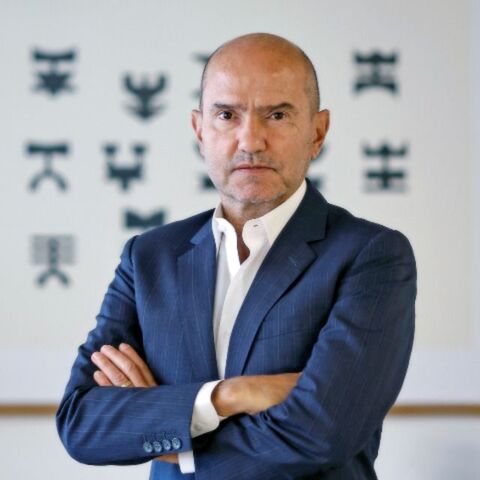There is little doubt that the Bolsonaro administration will substantially affect the business environment in Brazil – in a radical departure from the policies of the Workers Party (PT) that ruled from 2003 through 2016. The new team in charge of the economy comprises professionals who blend successful careers in private practice and a deep-rooted belief against State meddling in the economy. They will be led by Paulo Guedes as head of a super-ministry resulting from the merger of several departments.
The chief challenge to the new administration is bound to be the daunting fiscal imbalance of the Brazilian State. Reform of the pension system, which generates staggering and unsustainable yearly deficits, is the single most important task ahead - one which is long overdue, and which consecutive administrations have attempted to address, and failed. However, public statements by President-elect Bolsonaro and by his Chief of Staff have fueled doubts as to the extent to which the incoming administration is itself convinced of the inevitability of pension reformand committed to the task.
The President-elect has indicated his administration will, in proposing and discussing draft legislation, enter direct negotiations with members of Parliament and caucuses within both Houses of Congress, over the formal structure of political parties and their respective leaders. Significantly, the head of the office within the President`s Palace in charge of negotiations with Congress will be a retired Army General with impeccable credentials as regards integrity.
Hence, a battle of great relevance will oppose Brazil`s bold new leader to professionals of politics intent on ensuring that traditional habits prevail.
Anti-globalismand internal frictions
On the foreign front, anti-globalismis likely to be a feature of the new administration – as indicated by the appointees to Itamaraty (Brazil’s Ministry of Foreign Affairs) and to the Ministry of Education.
This may prove a rhetorical, passing idiosyncrasy only, with Brazil’s deep-rooted professionalism in foreign affairs containing radical initiatives. That said, Ambassador Ernesto Araujo, appointed for the Ministry of Foreign Affairs, has indicated unequivocal alignment with the United States will be a central policy goal.
An alignment as such might set the administration at odds with trade policies favored by the Ministry of Economy. As the team in charge of the economy is likely to enjoy and exercise great autonomy, the new administration may be poised to significant internal friction.


































